‘We are constantly surrounded by people yet always alone’
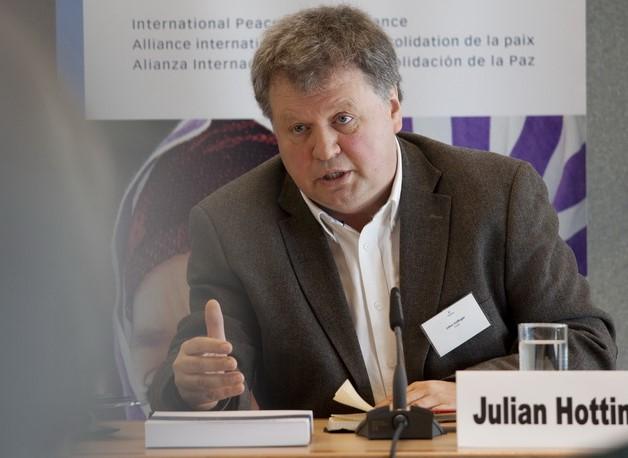
Largely unnoticed by the general public, a Swiss citizen travels around the world in the service of peace. He lives out of his suitcase and negotiates for days on end – ‘even with the devil’ if necessary. Julian Hottinger, a Swiss foreign affairs ministry expert in promoting peace, gave swissinfo.ch some insights into a lonely job.
Hottinger is currently involved in six conflicts. He is not permitted to give information on the countries and parties involved.
swissinfo.ch: The life of a mediator is said to be like that of a travelling salesman: moving from place to place as someone’s representative, never knowing when you will come home.
Julian Hottinger: During my training as a mediator we were frequently compared to the missionaries who trudged from village to village in the southern United States to distribute the bible. This image has some relevance: I travel an enormous amount – that’s a part of my job. I only manage to sleep between 65 and 70 nights a year in my own bed. It’s tough when a mission lasts longer than expected, or if I’m called directly from one mission to the next. My return home is then unexpectedly delayed.
swissinfo.ch: That sounds demanding.
J.H.: No, it’s OK. I was prepared for this life during my training. We were drilled day and night. Mediators have habits that they consciously stick to wherever they are. These little automatic things become a replacement for home.
Julian Hottinger
Julian Hottinger has worked as a mediation and facilitation expert on assignment for the Swiss foreign affairs ministry since 2003. He has taken part in missions in Sudan, Uganda, Burundi, Liberia and Indonesia among others.
He conducts negotiations in English, French, Spanish and Arabic. After his studies in Switzerland, he specialised in international conflict mediation at the Canadian International Institute for Applied Negotiation and subsequently worked as a mediator for Canada.
swissinfo.ch: What are your comfort zones when travelling?
J.H.: I read whenever I have time. Preferably stories that have nothing to do with my work. I also go on little walks, if possible several times a day, and I always try to eat something in the evening and to get enough sleep.
+ Read about Swiss efforts to mediate between Iran and Saudi Arabia
swissinfo.ch: A negotiating round usually lasts from two to three weeks. Then you send the conflicting parties home. Why?
J.H.: It’s a question of trying to avoid a situation where two alternative realities emerge: one at the negotiating table and another at home. The parties have to speak to their people and consult the grass roots to inform them of the status of negotiations. At the next meeting, they give a report to identify possible problems. Without the backing at home, it’s all a waste of time.
swissinfo.ch: Such cyclical meetings can drag on for years.
J.H.: Yes. It’s impossible to say in advance how long such a process will last. The course of the negotiations is like the shape of a funnel. Step by step we work through the most important questions until we get to the bottom. For example, if we are negotiating the establishment of a legal system, we begin with general, theoretical questions about diverse models. The goal of this first phase is to ensure that all the parties at the table have the same knowledge.
swissinfo.ch: That must be boring for parties who are well prepared?
J.H.: It is important that all the parties take place in this discussion. It is a question of developing a common language. Ideally, the conflicting parties should already begin an exchange in this phase of the negotiations. That is usually the case, because the questions in this phase are first discussed on a theoretical level and it is not yet a question of the specific case in hand.
swissinfo.ch: Even in the second phase, the parties don’t yet speak about their own situation.
J.H.: Only indirectly. At this stage we discuss problems, reservations, concerns and suggestions that the parties have compiled during consultations with their supporters at home. It is only in the third phase that we get down to business. At this point, it’s about the specifics, and the parties lock horns and search for solutions – for example, if possible, to agree on a legal system.
swissinfo.ch: As a mediator, can you suggest solutions?
J.H.: My task as a mediator is to bring the parties so close together that they can see possible solutions themselves. It is, however, always the conflicting parties that have to take that last step towards each other. I can voice my concerns if I am worried that the solution they have found misses the goal – for example if it takes no account of fundamental causes of the conflict. Or, to stay with the example of the legal system, if I see that there could be problems with the separation of powers. But the parties always have the last word.
swissinfo.ch: Let’s stay with the example of a legal system. To accompany the parties in this process as best as possible, you must need to have a huge amount of knowledge.
J.H.: These days, most mediators are experts in specific areas. The membership of the group changes in the course of the process. Between 17 and 25 experts advise and accompany the conflicting parties at various stages during the negotiations. I am an expert on ceasefire agreements. In legal or economic matters I am not useful.
swissinfo.ch: Are peace negotiations more complex today than in the past?
J.H.: It’s no longer enough to negotiate a ceasefire. The conflict parties are much more interested in knowing what the future will bring and what role they will have. It’s increasingly the case that entire visions of a society will be negotiated. That all requires an incredible amount of expertise and time.
swissinfo.ch: How do you prepare for a mission?
J.H.: I usually find out two or three weeks in advance that there is a possible mission ahead. I meet experts, read and get in touch with representatives of the conflicting parties. Of course, everyone wants to give me their perspective on things. But that is what I am counting on and I communicate that too. That is how I get a first impression of a specific case.
swissinfo.ch: You say that mediation also requires you to talk to the devil. Your meeting with the alleged Ugandan war criminal Joseph Kony created some controversy. Can you relate to this criticism?
J.H: Of course. I think many people had the feeling at the time that the negotiations were advantageous for Kony. But let me be clear: there are crimes for which a perpetrator will be punished if he has committed them. We made that clear from the beginning to Kony, the leader of the LRA (Lord’s Resistance Army), and his four accomplices who were being sought with international arrest warrants. We told Kony we couldn’t do anything for him. The 18-month negotiations were about the reintegration of the Lord’s Resistance Army in the north of Uganda.
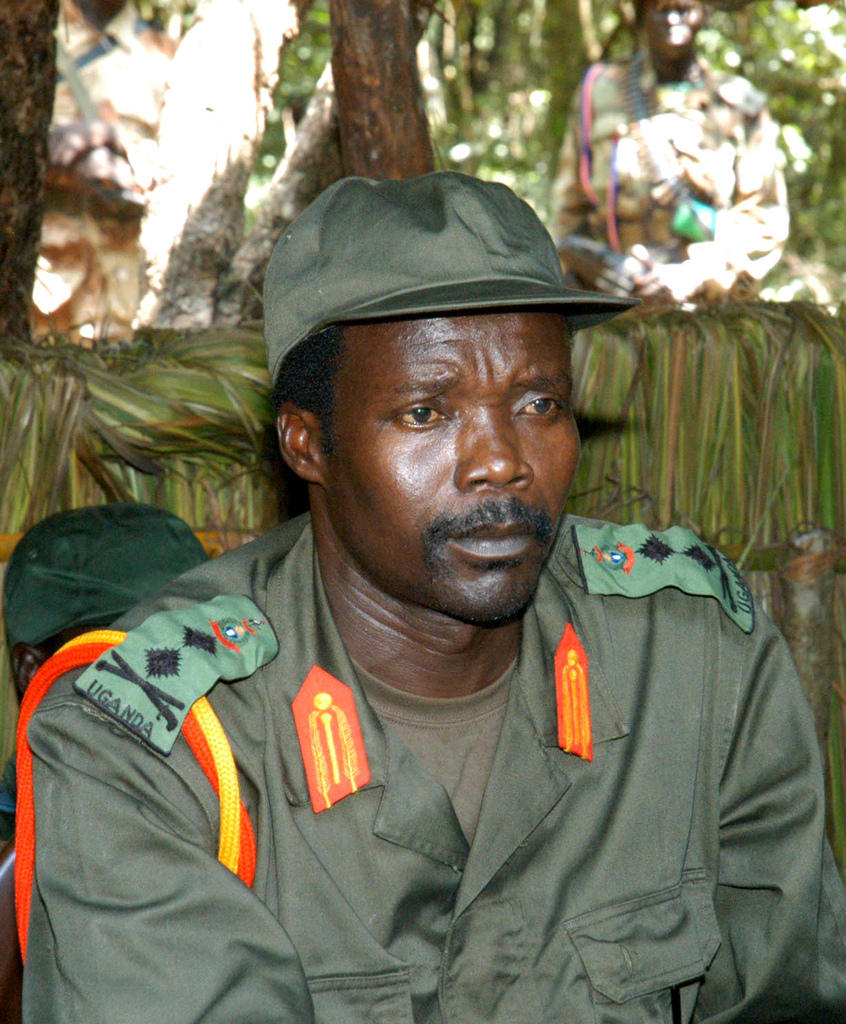
swissinfo.ch: Do such meetings sometimes give you sleepless nights?
J.H.: I will tell you quite honestly: if you meet these people, they are no different from you or me. They have done terrible things and they must pay for these. But it is not my task to interrogate someone at the negotiating table to find out what he has done. I also do not judge him. That is someone else’s role. My work is to support a country, a society, in starting out on a new path so that it can solve its problems by means other than violence. I find the time difficult before a negotiating process starts. That is when I sleep badly or not at all. I am nervous and think of all the mistakes I’ve made in the past and dream up things that could happen.
swissinfo.ch: Have you made mistakes?
J.H.: In the first three years, I made plenty of mistakes in the field. I was convinced I was the worst mediator ever. A disaster. I even began looking at job ads because I thought I would soon be fired. But I learnt an enormous amount. A senior mediator accompanied me and gradually gave me more responsibility. Now I have been in this job for almost 30 years.
swissinfo.ch: In this respect, you are an exception. Many of your colleagues work as mediators for ten to 15 years and then do something else.
J.H.: I started young and I’ve never done anything else. I don’t even know what it means to have another job. We mediators suffer from a kind of disease that I would describe as “being surrounded by people yet always lonely”. We always have to watch what we say. Even at home. So to a certain extent we always have to keep a certain distance from all the people around us.
swissinfo.ch: In terms of family life that sounds extremely difficult.
J.H.: It is. When you keep your distance at home, it can lead to difficulties. At some point, those close to you will ask who you are dealing with, who is this person whose thoughts always seem to be elsewhere.
swissinfo.ch: Many conflicts flare up again and violence returns after a couple of years. Isn’t that frustrating?
J.H.: It makes me sad. Particularly when the conflict parties have already taken part in a negotiating process and I know they can do better.
Translated from German by Catherine Hickley

In compliance with the JTI standards
More: SWI swissinfo.ch certified by the Journalism Trust Initiative

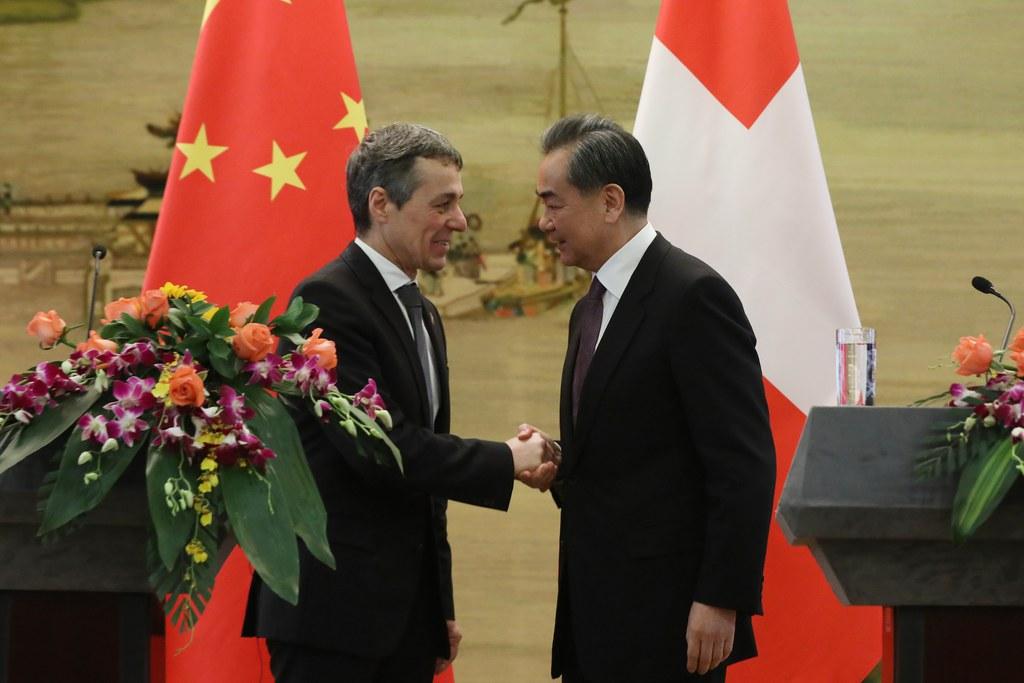
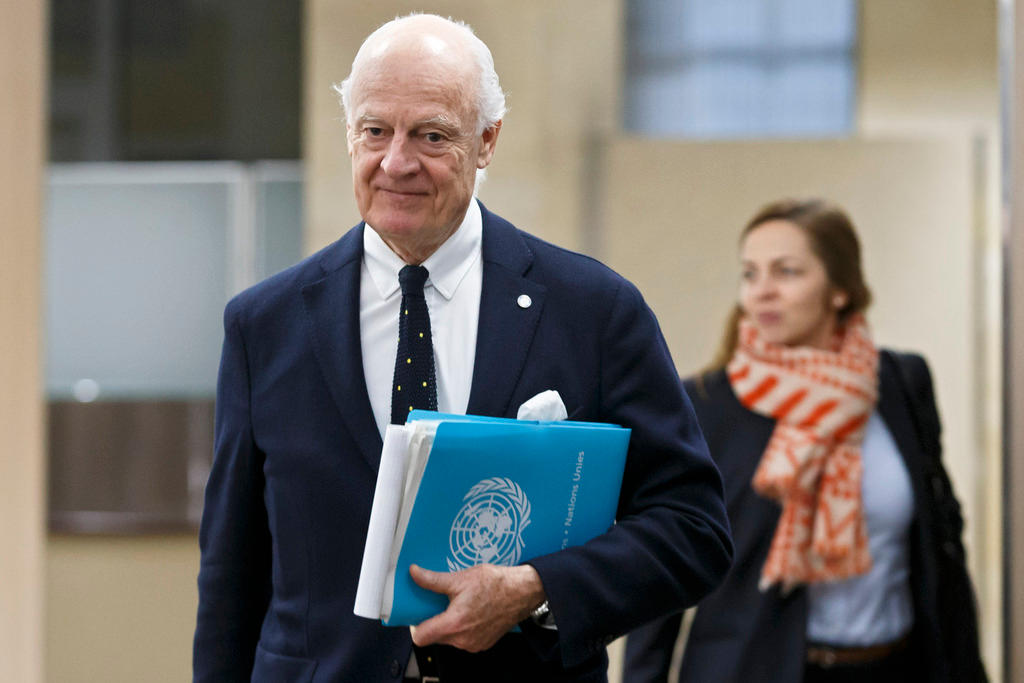
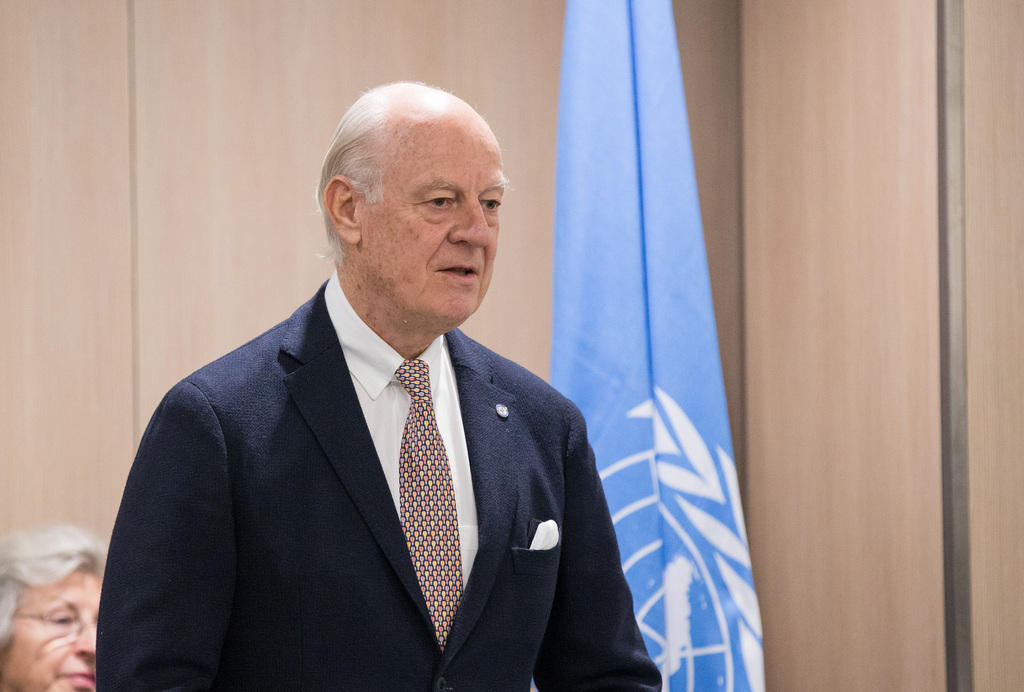

You can find an overview of ongoing debates with our journalists here. Please join us!
If you want to start a conversation about a topic raised in this article or want to report factual errors, email us at english@swissinfo.ch.